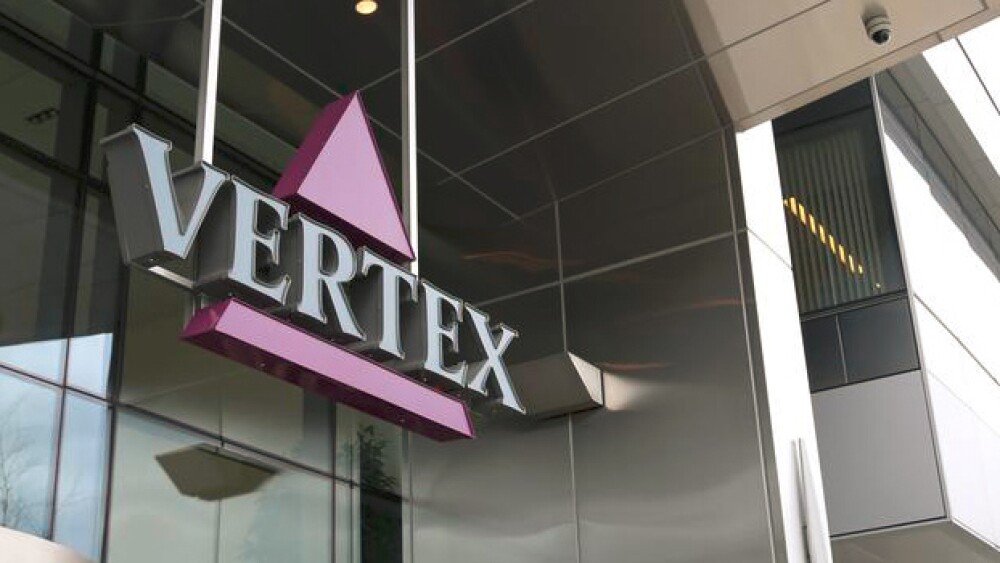Vertex has declined to comment, but BioCentury received a copy of the letter the company sent to laboratories explaining.
Vertex Pharmaceuticals has canceled three French locations for its Phase III clinical trials for its cystic fibrosis (CF) drugs. Vertex has declined to comment, but BioCentury received a copy of the letter the company sent to laboratories explaining. Apparently talks over pricing of the company’s Orkambi for CF have broken down with French authorities, and Vertex is either using the pullout as a negotiating tactic, or as retribution, depending on your perspective.
BioCentury writes, “Three French CF associations told BioCentury that Vertex’s decision came after the company reached a stalemate in reimbursement negotiations for its CF drug Orkambi ivacaftor/lumacaftor with the French government. The groups—Overcoming Mucoviscidosis, the Gregory Lemarchal Association and the French Cystic Fibrosis Society—provided BioCentury with an excerpt from what they described as an official explanation sent by Vertex on Feb. 5 to French laboratories that had previously been retained to participate in the trials, which said that despite more than 18 months of ‘good faith’ negotiations, there has been no resolution on the reimbursement of Orkambi and that therefore the pathway for CF patients in France to gain access to the drug is ‘unpredictable’ and conducting the trials ‘would raise false hope.’”
The European Union (EU) approved Orkambi in November 2015 to treat CF in patients 12 years and older who have two copies of the F508del mutation. But Vertex hasn’t worked out a definitive reimbursement price with France’s government. As a result, Vertex has been invoicing the French government for the drug based on its proposed list price. If the French don’t accept the proposed price, Vertex would be required to refund any overpayment. And according to the CF organizations, the French government turned down the proposed price after saying the drug only has “modest” efficacy.
Vertex told BioCentury that the drug is still available to French CF patients that fit the requirements. And in January, the EU extended the label to CF patients ages six to 11 with two copies of the F508del mutation, and in patients 12 and older with a single copy of the same mutation.
Two of the clinical trials sites were to evaluate Vertex’s triple combination, ivacaftor/tezacaftor/VX-659 in patients 12 and older with two copies of the F508del mutation, and in patients 12 and older with one copy of the F508del mutation. The third Phase III trial in France was to evaluate ivacaftor and tezacaftor in patients ages six to 11 with one or two copies of the F508del mutation.
There is also a fourth Phase III clinical trial to evaluate ivacaftor and tezacaftor with another drug, VX-445, scheduled to begin mid-2018, but Vertex says the French sites would also be excluded.
Just this week, the U.S. Food and Drug Administration (FDA) approved Vertex’s Symdeko (tezacaftor/ivacaftor and ivacaftor) double combo therapy for CF in patients ages 12 and older with two copies of the F508del mutation. The combination is also being evaluated by the European Medicines Agency (EMA) and a decision is expected in the second half of the year.
CF is caused by an ineffective or missing CF transmembrane conductance regulator protein, which is caused by mutations in the CFTR gene. To have CF, children inherit two defective CFTR genes, one from each patient. Approximately 2,000 CFTR gene mutations have been identified. The mutations result in not enough CFTR proteins or improperly function proteins. This causes poor flow of salt and water into and out of the cell in several organs. This leads to an accumulation of abnormally thick, sticky mucus in the lungs, which can cause chronic lung infections and progressive lung damage that often leads to death. For patients with CF, the median age of death is the mid-to-late 20s.





